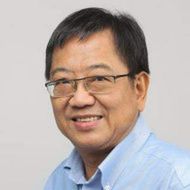Small nations' survival strategy for a world in flux: Lessons from Rwanda and Timor-Leste
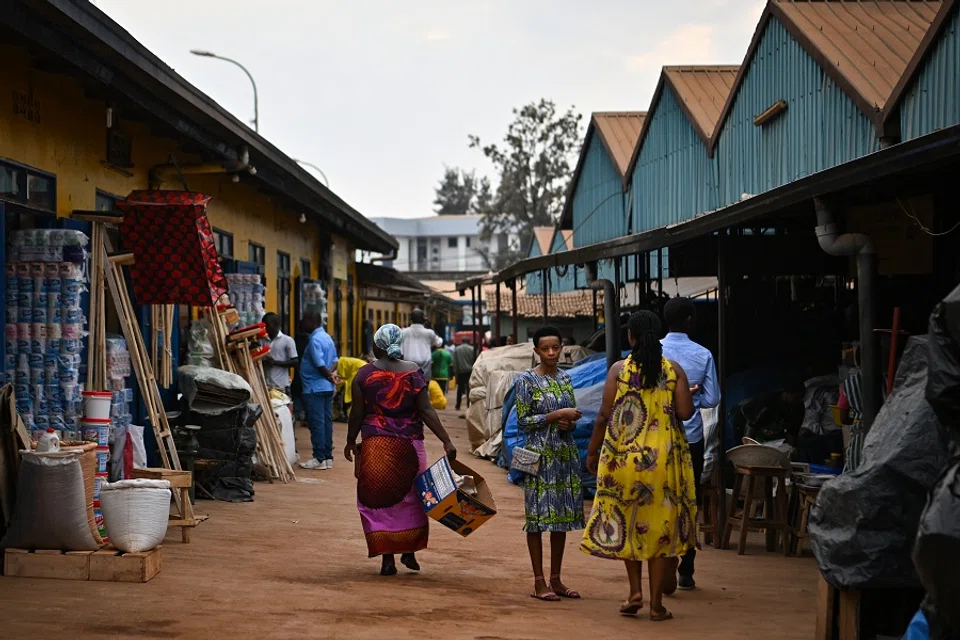
We have been constantly bombarded by news on escalating competition among the superpowers, geopolitical tensions, deglobalisation, economic decoupling, intensifying technology embargoes, the deteriorating Russia-Ukraine war with no end in sight, and the constantly increasing food and energy prices. I am feeling the fatigue, and the onslaught does not seem to be letting up.
I am certainly not alone. Recently, when my friends gather to talk about global issues, we can no longer be lighthearted or upbeat. Most of us are worried and focused on whether war will break out in the Taiwan Strait, whether Putin will really use nuclear weapons and when the global recession will hit us. The more far-sighted among us will ask about the long-term impacts on Singapore's economic hub by de-globalisation as well as the China-US economic and technological decoupling. With the drastic decline in global trade and the severe supply chain disruptions, what good are our advanced harbours and airports? How are we going to sustain our lives?
These are pertinent but unsolvable questions. Confronted by and helpless about too many uncertainties, no one can provide satisfactory solutions. Why not think outside the box?
I suggest that we stop our incessant focus on the superpowers and shift our attention further afield beyond their shadows. Perhaps we may pleasantly discover life quietly nurturing and developing from the ravaged, scorched earth. Hence, I bring you the stories of Rwanda and Timor-Leste.
Rebuilding a nation from the shadows of genocide
These two small nations, which have much in common with Singapore, have often appeared in the news recently. Both were tragic victims of genocide and almost met their demise in the 1990s. However, they have been reborn like phoenixes rising from the ashes to resolutely strive and thrive, becoming shining examples that there is always light at the end of the tunnel and that there is always hope in this world.
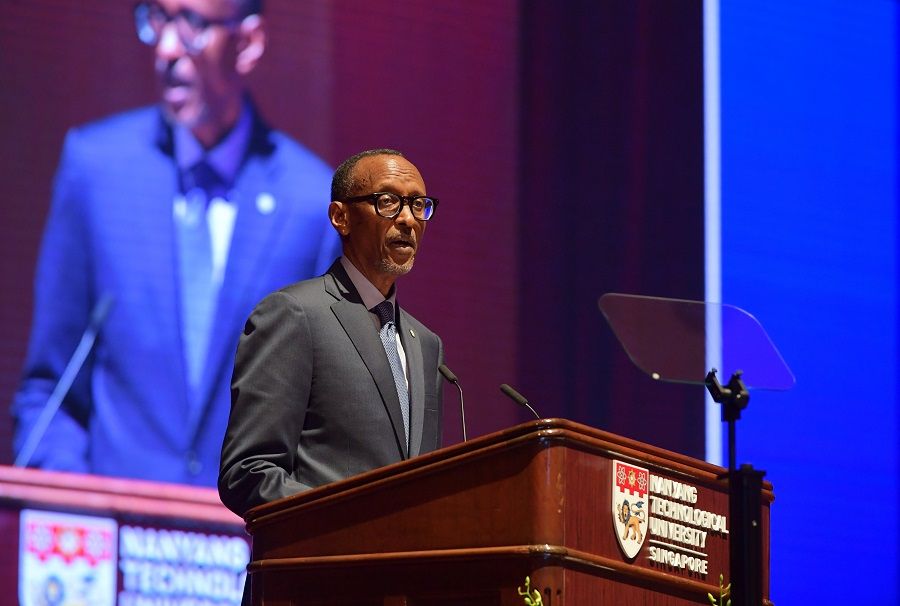
In the morning of 30 September, I made a rare but special trip to Singapore's Nanyang Technological University (NTU) to attend the Majulah Lecture given by Rwanda President Paul Kagame. I wanted to catch a glimpse of the elegant demeanour of this legendary figure who led the Rwandan Patriotic Front (RPF) and saved the Tutsis from genocide in the 1994 Rwandan Civil War.
From April to July 1994, Lianhe Zaobao's international news desk gave updates on the Rwandan Civil War at the editors' meeting almost daily. The reporting on the cruel ethnic killings, vicious rape of helpless women and the horrific scenes of bloodshed were beyond comprehension!
Although the reasons for the civil war were complex, ethnic hatred was the root cause. At that time, Rwanda's population of about 7 million comprised 85% Hutus and 14% Tutsis. In those hundred days of civil war, an estimated 800,000 Tutsis and moderate Hutus were slaughtered by Hutu extremists. The vast majority of the casualties were the Tutsis and as many as 200,000 women were horrifically raped. The ethnic massacre finally came to an end when the RPF emerged victorious in the civil war.
Rwanda, known now as the "Singapore of Africa", has successfully developed its economy after emerging from the ruinous ethnic cleansing 28 years ago. Its economic and social indicators rank among the best in Africa.
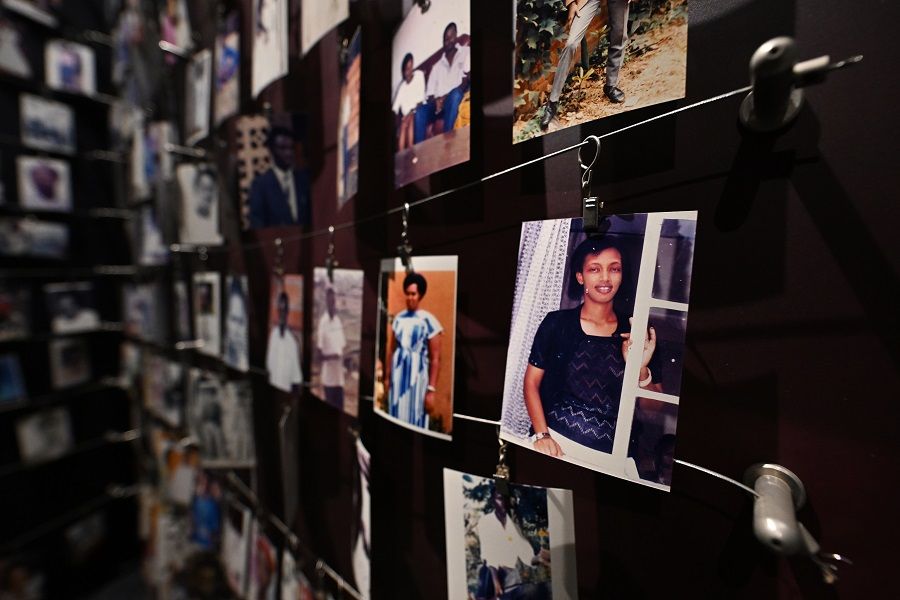
Seeing the Rwandan hero, who led the RPF to defeat the enemy, accomplished ethnic reconciliation and successfully rebuilt the nation, standing tall on the podium in the Nanyang Auditorium in close proximity made me feel slightly disoriented in time and space. Kagame is tall, gentle and refined, and speaks eloquently. From his articulate interactions with the NTU president alone, I would not have been able to tell that he is a hero that emerged from troubled times in Africa.
In his speech, Kagame lauded Singapore's success and highlighted that it was no accident. This implies that other countries, regardless of their starting points, could aspire to achieve the same rapid growth in national income.
It was not deliberate on Kagame's part to speak well of his host. In fact, this was not the first time he praised Singapore. Rwanda has been enthusiastically learning from and emulating Singapore's model of governance as it rebuilds after peace resumed. It is also publicly known that Kagame himself respects Lee Kuan Yew, Singapore's founding prime minister. As a result, Rwanda, known now as the "Singapore of Africa", has successfully developed its economy after emerging from the ruinous ethnic cleansing 28 years ago. Its economic and social indicators rank among the best in Africa.
Rwanda and Singapore share good relations, and this was Kagame's third visit to Singapore. Singapore Prime Minister Lee Hsien Loong also went on a two-day visit to Rwanda in June this year. It is indeed delightful to see a nation emerging from what the West called the "Dark Continent", tenaciously surviving and steadily thriving.
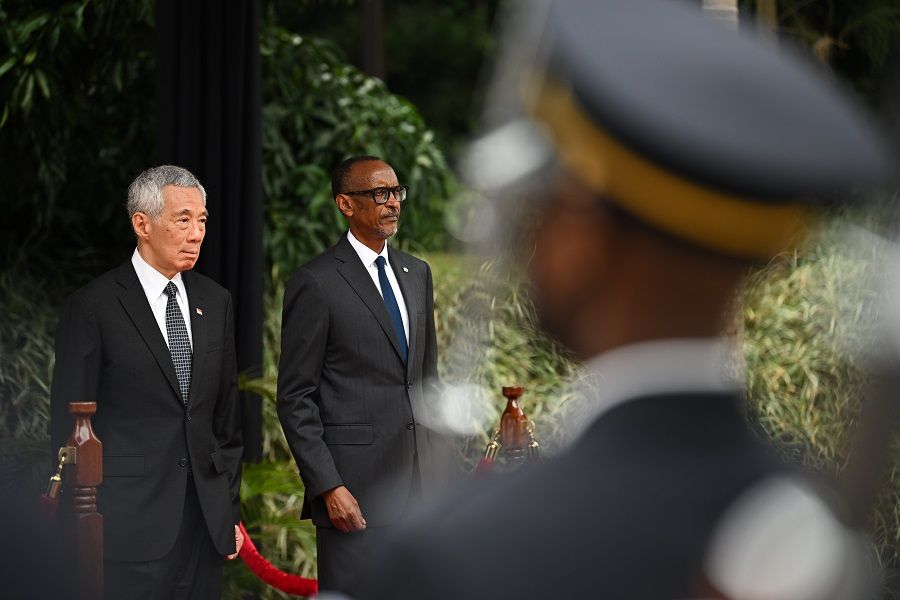
Sharing a similar experience with Rwanda in faraway Africa is our neighbouring Timor-Leste, less than 3,000 kilometres away. This ill-fated small nation was forcibly annexed by its neighbour Indonesia in 1975, shortly after declaring independence from Portuguese colonial rule. Over the next 20 years, the persistent resistance in Timor-Leste ignited a war for independence, which was violently suppressed by the Indonesian military, causing more than 100,000 deaths.
On 30 August 1999, a UN-supervised referendum was held, in which the overwhelming majority of the people voted for independence despite Indonesia's reluctance to relinquish control of the territory. Before retreating, the Indonesian military and the pro-integration militias in Timor-Leste carried out unbridled devastation in the large-scale Scorched Earth Operation that destroyed 98% of the infrastructure, resulting in the displacement of hundreds of thousands of people. Many became refugees and were forcibly driven to West Timor in Indonesia.
Due to massacres by the Indonesian military and domestic infighting, the small nation of Timor-Leste, with a population of less than 900,000 then, faced genocide and nearly met its demise. The violence only ended when international peacekeeping forces intervened on 20 September 1999. After two and a half years of UN administration, Timor-Leste finally officially regained independence in May 2002.
Great achievements from ruin
I still have vivid recollections of the media images of the atrocities committed by the Indonesian military. Other than the war photographs, I was incensed by the images of East Timorese women raped and killed, which left a lasting impression.
Having steadied itself, the vibrant Timor-Leste now wants to eradicate poverty and accelerate economic development.
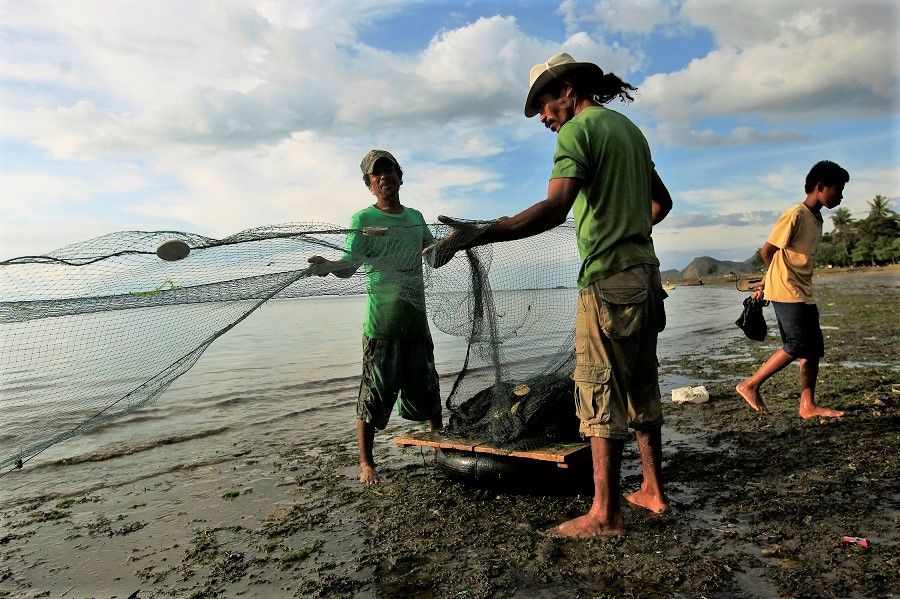
Unfortunately, Timor-Leste lost 27 precious years to the Indonesian invasion, annexation, killings and destruction, and was devastated by huge losses of life and property. At independence, Timor-Leste was one of the ten poorest nations in the world and Asia's poorest.
Like Rwanda, Timor-Leste was united to resolutely recover and emerge from ruin to strive for economic development after gaining independence and peace. Over the past 20 years, it has made remarkable achievements, with the supply of electricity as well as mobile and internet network coverage to nearly the entire nation. Diseases such as malaria, polio and tetanus have been eradicated in Timor-Leste, whereas they still occur in some Southeast Asian nations that have been independent for 70 years. In 2019, Timor-Leste's UN Human Development Index jumped 50 places to rank 158, above Cambodia, Laos and Myanmar.
Having steadied itself, the vibrant Timor-Leste now wants to eradicate poverty and accelerate economic development. On 21 August, Lianhe Zaobao's Finance Section published a feature entitled Farewell to Guns And Bullets, Timor-Leste Wants Development, which captures this spirit of striving for the better.
Singapore has provided assistance to Timor-Leste's development, similar to its assistance to Rwanda. When Minister in the Prime Minister's Office and Second Minister for Foreign Affairs and Education Maliki Osman attended the 20th anniversary celebrations of Timor-Leste's Independence Day in May this year, he emphasised that Singapore would continue to support its development through capacity building, and encouraged more local officials to participate in the Singapore Cooperation Programme for developing nations.
There are indeed many similarities between Rwanda and Timor-Leste. They have both suffered catastrophes and were nearly wiped out by genocide in the past 20 to 30 years. However, they have survived with tenacity, resolve and vitality, and are now thriving among larger nations.
Another similarity is their close relationship with Singapore due to bilateral interests and Singapore's leadership in voicing the interests of small nations all these years.
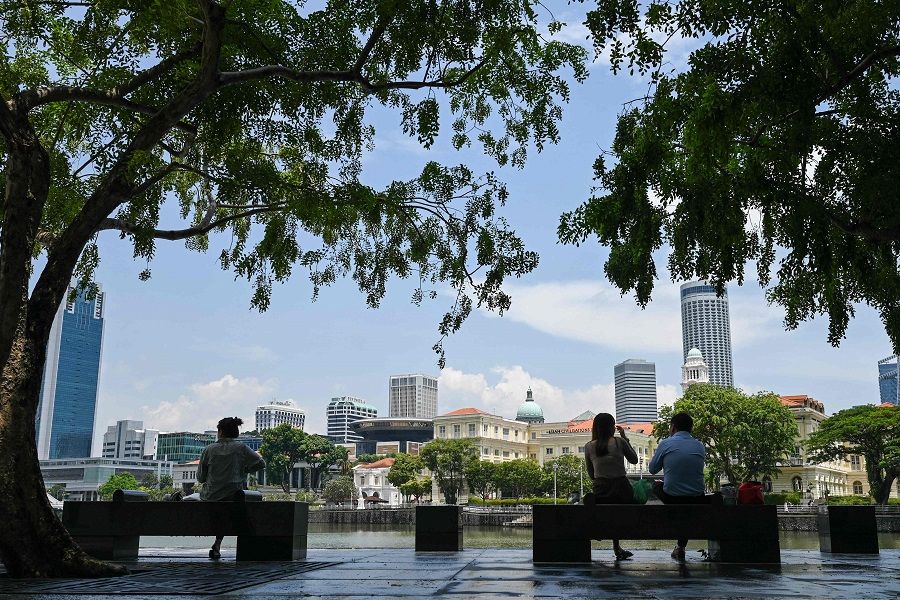
Another similarity is their close relationship with Singapore due to bilateral interests and Singapore's leadership in voicing the interests of small nations all these years. Singapore had previously spoken up for Timor-Leste. In December 1975, the UN General Assembly passed a resolution condemning Indonesia's occupation of and demanding its immediate withdrawal from East Timor. All the ASEAN member states supported Indonesia and voted against the resolution, except for Singapore, who abstained and expressed disagreement with Indonesia's aggression, incurring the wrath of its fellow ASEAN member nation and neighbour. (More details on this can be found in Lianhe Zaobao's article From Timor-Leste To Ukraine: A Case Of Déjà Vu? published on 12 March.)
Many Singaporeans have heard of their country punching above its strategic weight in its "small nation diplomacy", knowing that it is committed to developing partnerships with large nations, playing an active balancing role in the global arena, and acting as a bridge for communication between large nations. However, few know that Singapore, in alignment with its strategic weight and identity, has long established diplomacy with small nations to safeguard their interests.
Perennial host of the Forum of Small States
As early as 1992, Singapore established an informal and non-ideological grouping of small states at the UN headquarters in New York, called the Forum of Small States (FOSS) and has served as its chair for 30 years. FOSS, now comprising 108 nations, holds several meetings annually, chaired by Singapore's Permanent Representative to the UN.
The meetings discuss common issues of concern to small nations, such as international rules and global stability that impact their survival, as well as small nations' minimal contribution to but suffering the most from global warming. The meeting aims to reach consensus and influence global opinion. They were originally permitted to use the UN conference rooms and interpretation facilities but have been hosted by the Singapore Mission since 1995 when the UN encountered financial difficulties.
In a world where the law of the jungle still prevails, small nations can huddle together to influence issues of concern.
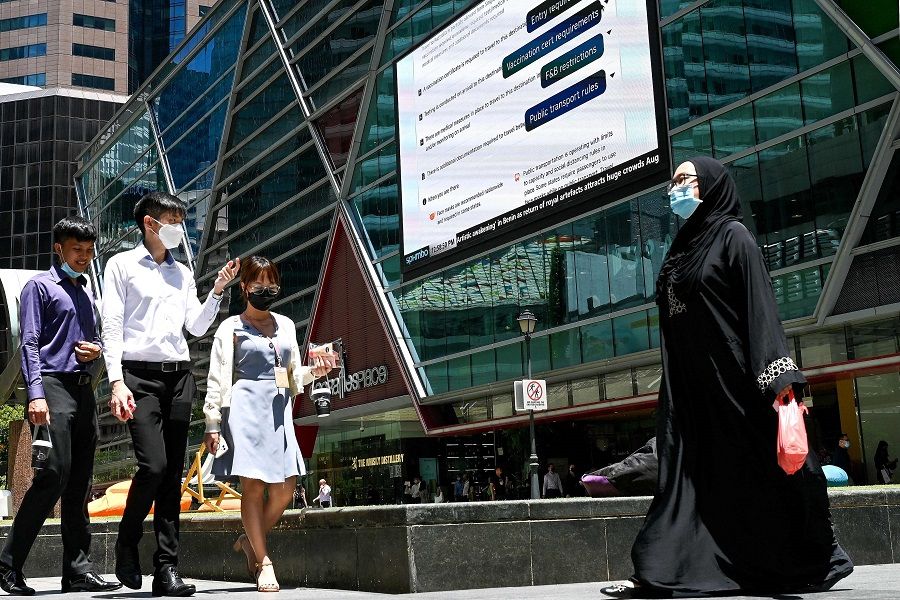
In 2009, Singapore also established the Global Governance Group (3G) and led this group of 30 small- and medium-sized members of the UN, which serves as a bridge between the G20 and the broader UN membership. This is one of the reasons for the invitation to Singapore to attend the G20 summit every year.
As a small nation, Singapore is well aware of the importance of safeguarding the interests and unity of small nations to itself. Over the years, it has actively led and developed the FOSS and 3G, which resulted in strong friendships with many small nations, including Rwanda and Timor-Leste.
Although large nations play a decisive role, the UN system of one member one vote means that the numerous small nations can be influential, far exceeding their total population and land area. This is evident in the votes on resolutions in recent UN General Assembly meetings. In a world where the law of the jungle still prevails, small nations can huddle together to influence issues of concern.
Singapore's ideal in leading the FOSS is to enable small nations to choose only their principles and not take sides in the competition among large nations, so that they can find the space to peacefully survive. Singapore's concurrent diplomatic efforts to engage large and small nations, strategically dealing with the former while developing strong relations with the latter, are also the way for survival.
This article was first published in Lianhe Zaobao as "让小国活得安详自在--从卢旺达与东帝汶谈起".
Related: From real war to online war: Small states need smarter skills to survive a multipolar internet age | Can small states continue to avoid choosing between China and the US? | China-US competition: Why small countries will not choose sides | When a country needs to choose between realism and idealism | Walking a tightrope to survive: Singapore's position in the Russia-Ukraine war and beyond | Why Chinese Singaporeans will be torn if war breaks out over the Taiwan Strait
